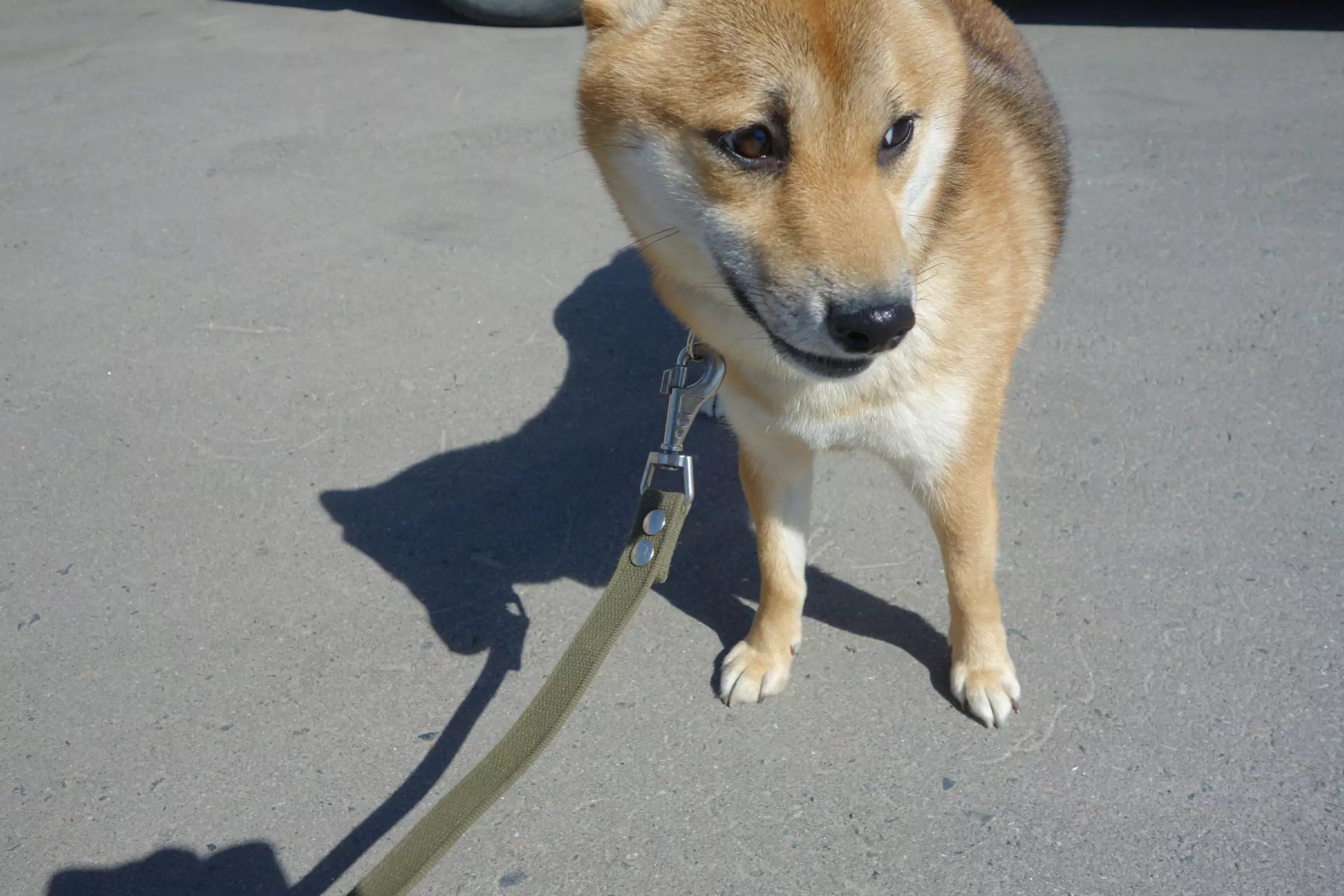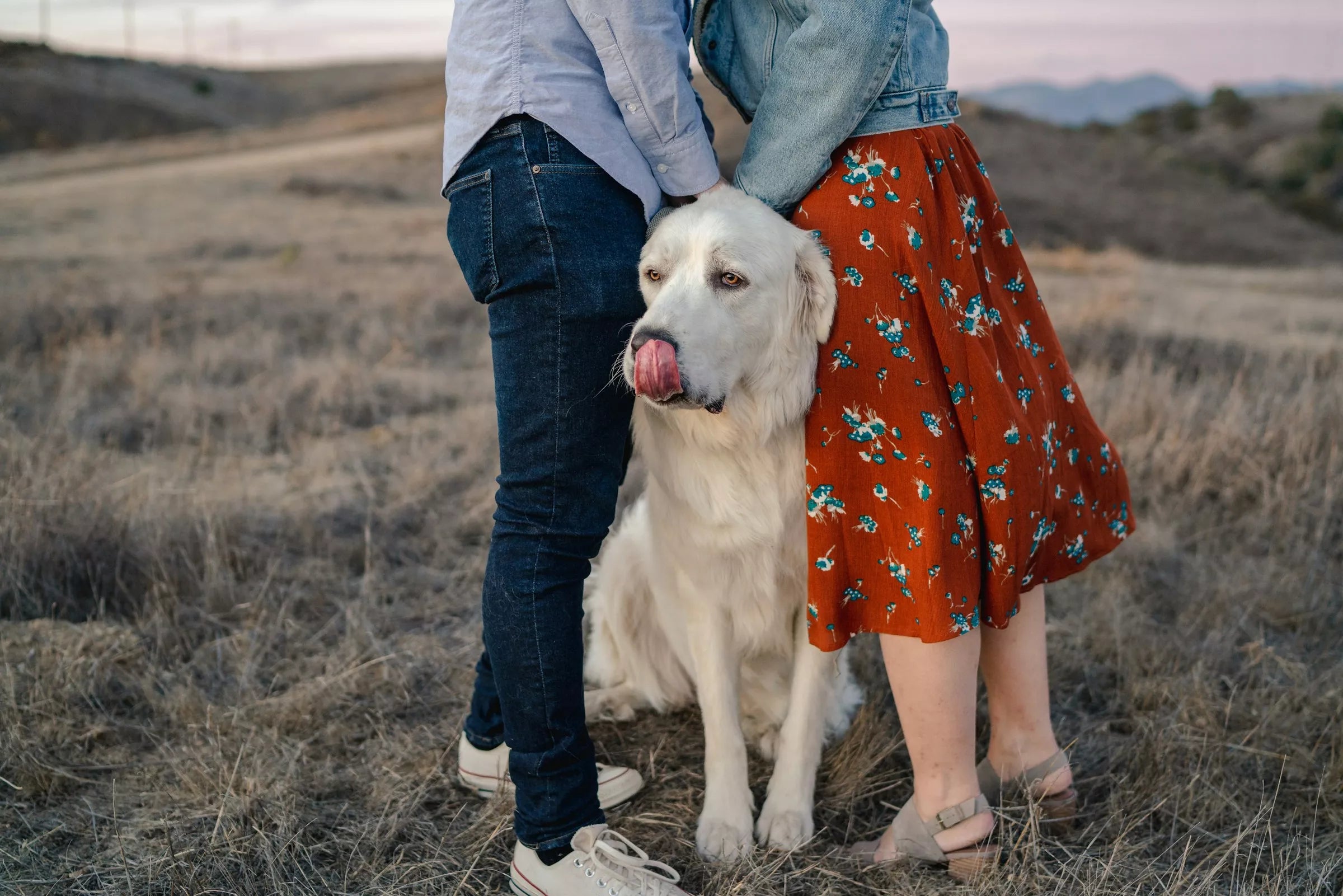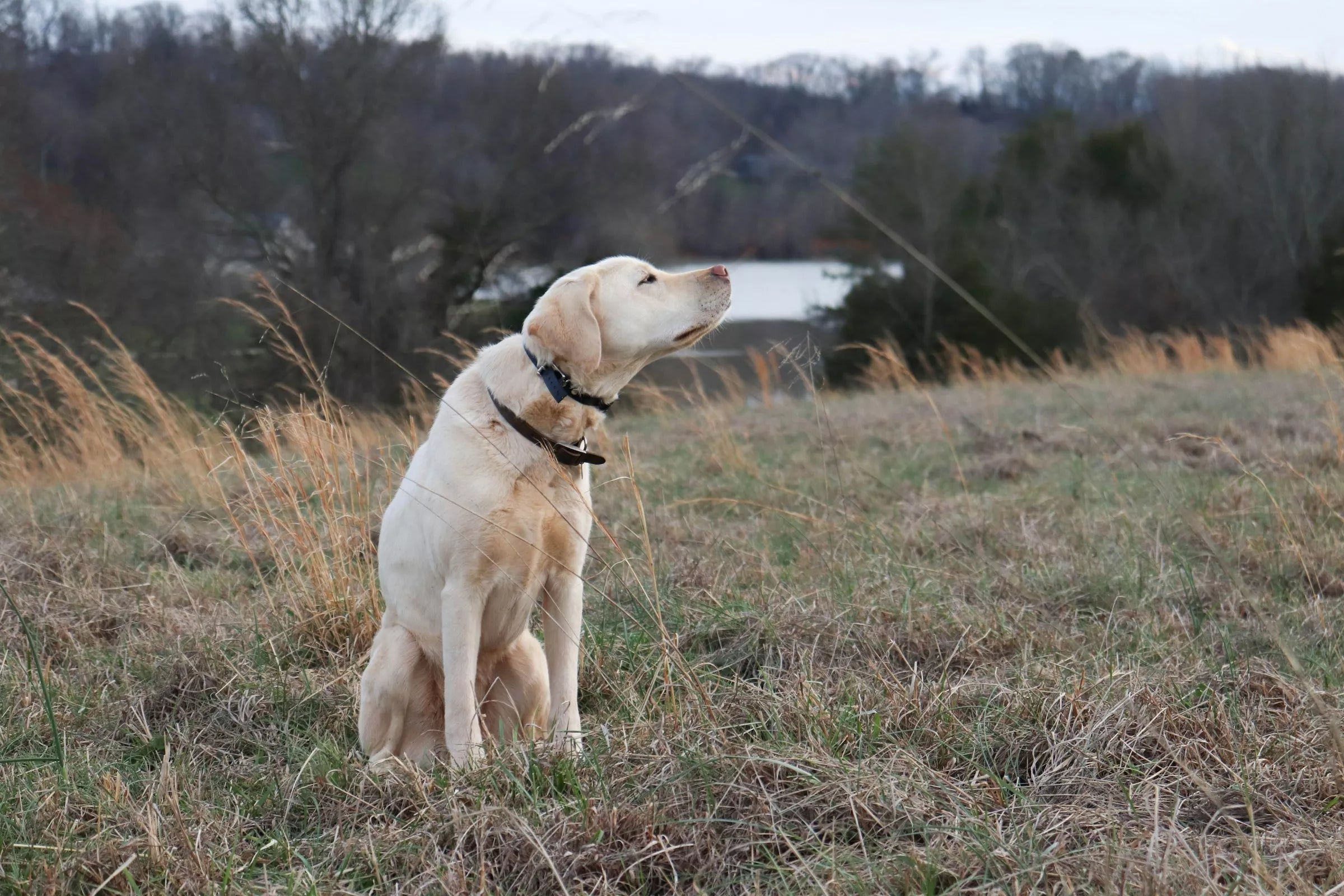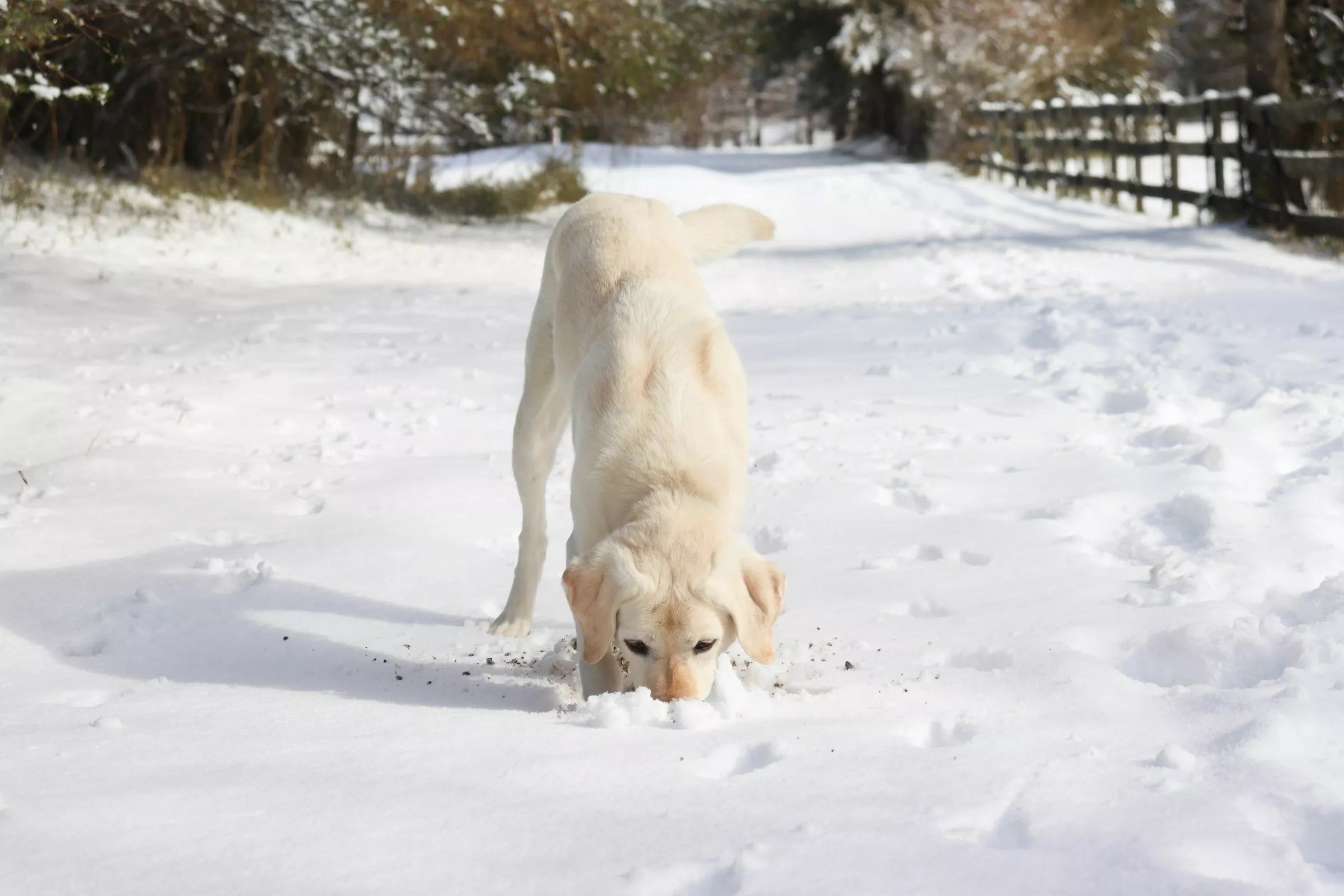How Hot Is Too Hot for a Dog's Paws?
We often focus on keeping our dogs hydrated and shaded in summer—but what about their paws? Pavement, sand, and even decking can get dangerously hot. So, how hot is too hot for a dog’s paws? The answer might surprise you.
Jump to:
- Why Hot Surfaces Are Dangerous
- Pavement Temperature vs. Air Temperature
- How to Test the Ground
- Signs of Paw Burn in Dogs
- How to Protect Your Dog’s Paws
- Best Times to Walk in Summer
-
FAQs
-
Why Hot Surfaces Are Dangerous

Your dog’s paw pads may seem tough, but they’re vulnerable to heat. Surfaces like tarmac, concrete, or artificial turf absorb and retain heat, which can cause burns, blisters, or long-term damage with just a few minutes of exposure.
Pavement Temperature vs. Air Temperature
Here’s the issue: ground temperatures soar well above the air temperature. For example:
- 25°C (77°F) air temp = 52°C (125°F) pavement temp
- 30°C (86°F) air temp = 62°C (143°F) pavement temp
Pavement can reach burn-inducing levels even on seemingly mild days. Paw burns can occur at just 52°C (125°F)—in as little as 60 seconds.
How to Test the Ground

A simple rule of thumb: place the back of your hand on the ground for 7 seconds. If it’s too hot for your hand, it’s too hot for your dog.
This applies to pavements, sand, wooden decking, and even rubber playground surfaces.
Signs of Paw Burn in Dogs
Watch for these signs after a walk on hot surfaces:
- Limping or reluctance to walk
- Licking or chewing the paws
- Darkened or red paw pads
- Blisters or visible burns
- Crying or whining during walking
If you suspect a burn, rinse paws with cool (not cold) water and contact your vet.
How to Protect Your Dog’s Paws
- Walk on grass: Choose grassy routes or shady trails when possible.
- Dog boots: Heat-resistant booties offer a layer of protection on extreme days.
- Paw balm: Apply a protective balm to moisturize and shield your dog’s pads.
- Avoid midday heat: Stick to cooler times (early morning or evening).
Best Times to Walk in Summer
Try walking your dog early in the morning (before 9 AM) or late evening (after 7 PM), when pavements are cooler and shade is more plentiful.
Always carry water, and take frequent breaks in the shade during longer walks.
FAQs
What temperature is unsafe for dog paws?
Pavement temperatures above 52°C (125°F) can burn paws in under a minute. That typically corresponds to air temperatures of just 25°C (77°F).
Can I put sunscreen on my dog’s paws?
Not usually. Sunscreen is best reserved for sensitive skin areas. For paws, use a paw balm designed specifically for dogs. Never use human sunscreen on dogs.
Do all surfaces get hot?
Yes, but some get hotter than others. Asphalt and artificial turf heat up fastest, while grass and natural soil stay cooler.
What should I do if my dog burns their paw?
Flush the paw with cool water and keep your dog off their feet. Contact your vet for treatment advice—burns may require bandaging or medication.
Are some breeds more at risk?
Yes. Breeds with thinner pads, smaller paws, or more sensitivity (like puppies, senior dogs, and toy breeds) are at greater risk of burns and should be monitored closely.
















Share:
Can Dogs Eat Tuna?
What to Do If Your Dog Gets Lost